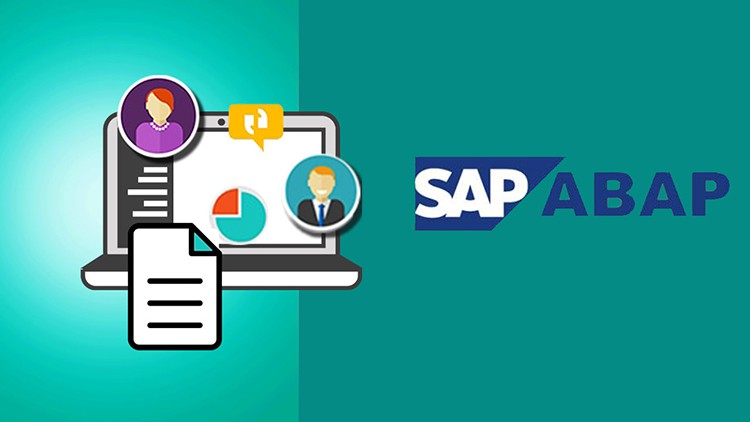
Introduction
SAP ABAP (Advanced Business Application Programming) is a core technical module within the SAP ecosystem, essential for customizing and enhancing the functionality of SAP systems. Completing SAP ABAP Online Training equips individuals with the skills to develop and modify SAP applications, making them valuable assets in various industries like finance, manufacturing, and retail. With the increasing adoption of SAP solutions globally, demand for SAP ABAP professionals is on the rise. This training provides a solid foundation for roles such as developers, consultants, and technical leads, offering excellent career prospects and competitive salaries across different sectors.
Best Jobs After SAP ABAP Online Training
After completing SAP ABAP online training, professionals can explore various roles that are in high demand due to the specialized nature of ABAP (Advanced Business Application Programming). SAP ABAP skills are crucial for developing and customizing SAP applications, making these roles attractive across industries like manufacturing, finance, retail, and more.
1. SAP ABAP Developer
· Role: As an SAP ABAP Developer, you’ll be responsible for writing and modifying ABAP programs to customize SAP systems. You’ll work closely with functional consultants to implement changes that meet business requirements.
· Salary: Entry-level salaries range from ₹3,50,000 to ₹6,00,000 per annum, while experienced developers can earn between ₹8,00,000 and ₹15,00,000 annually.
2. SAP ABAP Consultant
· Role: An SAP ABAP Consultant works on implementing and enhancing SAP modules using ABAP. They collaborate with clients to gather requirements, develop custom solutions, and integrate them into the SAP environment.
· Salary: Consultants typically earn between ₹5,00,000 and ₹10,00,000 for mid-level positions. Senior consultants can expect salaries upwards of ₹15,00,000 per annum.
3. SAP Technical Lead
· Role: Technical Leads oversee the technical aspects of SAP projects, including ABAP development, system integration, and performance optimization. They mentor junior developers and ensure the smooth delivery of projects.
· Salary: Depending on experience, Technical Leads can earn between ₹12,00,000 and ₹20,00,000 per annum.
4. SAP ABAP Architect
· Role: Architects are responsible for designing complex SAP solutions and leading large-scale development projects. They ensure that the technical design aligns with business objectives and technical best practices.
· Salary: SAP ABAP Architects typically earn between ₹15,00,000 and ₹25,00,000 annually.
5. SAP ABAP Trainer
· Role: Trainers specialize in teaching SAP ABAP to students or corporate clients. They develop learning modules, conduct sessions, and help others gain expertise in the field.
· Salary: Trainers can expect to earn between ₹4,00,000 and ₹9,00,000 annually, depending on their experience and the training institution.
With SAP ABAP expertise, these roles offer both strong career prospects and competitive salaries, especially in India where SAP professionals are in high demand.
Here’s a table with job titles and corresponding salary insights for professionals after SAP ABAP Certification training:
|
Job Title |
Salary Range (INR per annum) |
|
SAP ABAP Developer |
₹3,50,000 – ₹15,00,000 |
|
SAP ABAP Consultant |
₹5,00,000 – ₹15,00,000 |
|
SAP Technical Lead |
₹12,00,000 – ₹20,00,000 |
|
SAP ABAP Architect |
₹15,00,000 – ₹25,00,000 |
|
SAP ABAP Trainer |
₹4,00,000 – ₹9,00,000 |
Conclusion
Completing SAP ABAP online training opens the door to numerous high-paying job opportunities. From developers and consultants to technical leads and architects, SAP ABAP professionals are in high demand across industries. With salaries ranging from ₹3,50,000 to ₹25,00,000 per annum depending on the role and experience level, SAP ABAP expertise offers a rewarding career path. Additionally, opportunities like becoming an SAP ABAP trainer provide a flexible and fulfilling alternative. This specialized knowledge ensures professionals are well-positioned for career growth in the ever-evolving world of enterprise resource planning (ERP) systems.